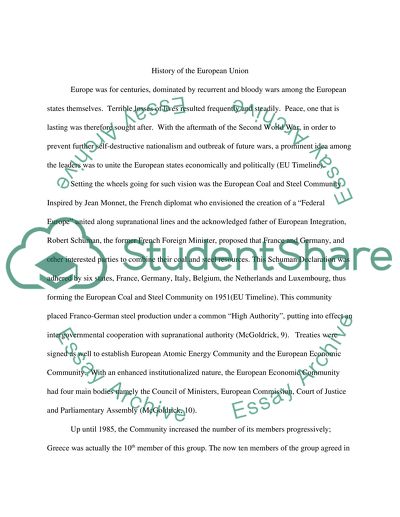Cite this document
(Issues on European Union Enlargements Coursework, n.d.)
Issues on European Union Enlargements Coursework. https://studentshare.org/politics/1534203-history-of-the-european-union
Issues on European Union Enlargements Coursework. https://studentshare.org/politics/1534203-history-of-the-european-union
(Issues on European Union Enlargements Coursework)
Issues on European Union Enlargements Coursework. https://studentshare.org/politics/1534203-history-of-the-european-union.
Issues on European Union Enlargements Coursework. https://studentshare.org/politics/1534203-history-of-the-european-union.
“Issues on European Union Enlargements Coursework”. https://studentshare.org/politics/1534203-history-of-the-european-union.


